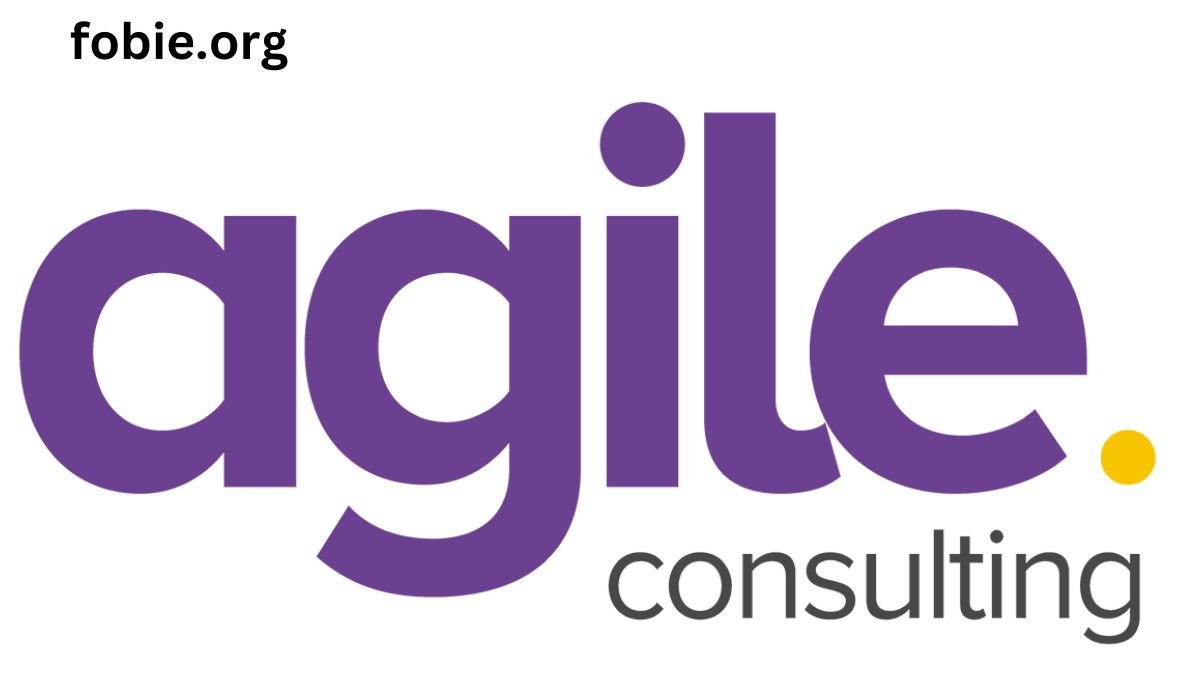Electrical problems in a rental property are more than just inconveniences—they can lead to safety hazards and damage to your belongings, including electronic devices. The good news is that electronic devices are typically covered by renters insurance if they are damaged by specific perils, such as power surges or electrical fires. Understanding the most common electrical issues and how to address them can help you protect yourself and your property.
This guide will walk you through the typical electrical problems you might encounter in a rental property and what you can do about them.
1. Faulty Outlets
Faulty outlets are among the most frequent issues in rental properties. Symptoms include:
- Dead Outlets: No power when plugging in devices.
- Loose Outlets: Plugs fall out easily or don’t stay securely in place.
- Burn Marks or Heat: Discoloration or warmth around an outlet could signal overheating.
What to Do:
If an outlet isn’t working, check the circuit breaker first. For loose or damaged outlets, report the problem to your landlord. Avoid using outlets with burn marks, as they may indicate a serious risk. If a power surge damages your electronics, your renters insurance may cover the replacement costs.
2. Flickering or Dimming Lights
Flickering or dimming lights can signal deeper electrical problems:
- Loose Bulbs or Fixtures: Often a simple fix.
- Overloaded Circuits: Too many devices on one circuit can cause voltage fluctuations.
- Faulty Wiring: Older or damaged wiring can lead to inconsistent power supply.
What to Do:
Start by tightening or replacing the bulb. If the issue persists, unplug devices to reduce the circuit load. For wiring issues, contact your landlord to arrange for professional repairs. Remember, if faulty wiring causes a power surge that damages your devices, renters insurance can help with the financial loss.
3. Tripped Circuit Breakers
A tripped circuit breaker is a common occurrence, particularly in older properties with limited electrical capacity:
- Overloaded Circuits: High-wattage devices like microwaves or heaters can overload circuits.
- Short Circuits: Damaged appliances or faulty wiring can cause sudden surges.
- Ground Faults: Electricity taking an unintended path can trip the breaker.
What to Do:
Reset the breaker by switching it off and then back on. If the breaker trips repeatedly, identify and unplug the devices causing the issue. Persistent problems should be reported to your landlord, as they may require a professional electrician.
4. Non-Functioning Light Switches
A malfunctioning light switch can indicate:
- Worn-Out Switches: Switches that fail due to age.
- Improper Installation: Poor wiring can render switches inoperable.
- Circuit Issues: Problems in the connected circuit can disable switches.
What to Do:
Avoid attempting DIY electrical repairs. Report the issue to your landlord, who should arrange for a licensed electrician.
5. Outdated Electrical Systems
Older rental properties often operate with outdated electrical systems, which may not meet modern demands. Signs include:
- Two-Pronged Outlets: These lack grounding, posing a safety risk.
- Frequent Power Outages: Overloaded circuits are common in outdated systems.
- Aluminum Wiring: Found in older homes, aluminum wiring can be a fire hazard.
What to Do:
Request an inspection of the electrical system from your landlord. An upgrade may be necessary to ensure safety and compliance with modern standards. If old wiring causes damage to your electronics, renters insurance may cover the replacement costs.
6. Exposed or Damaged Wiring
Exposed or damaged wiring is a serious hazard, increasing the risk of electric shock or fire. This can result from:
- Wear and Tear: Over time, wires degrade.
- Pests: Rodents can chew through wires.
- Improper Repairs: Substandard fixes can leave wires exposed.
What to Do:
Never touch exposed wires. Report the issue immediately to your landlord and ensure a licensed electrician addresses the problem.
7. Overheating Fixtures and Appliances
Overheating is often caused by excessive wattage or faulty wiring. Common indicators include:
- Hot Light Fixtures: Using bulbs with higher wattage than recommended.
- Burning Smell: A warning sign of potential fire hazards.
- Sparks or Smoke: Serious signs of electrical failure.
What to Do:
Turn off power to the affected area and report the issue to your landlord. Do not use the fixture or appliance until it has been professionally inspected and repaired.
8. Lack of GFCI Outlets in Wet Areas
Ground Fault Circuit Interrupter (GFCI) outlets are vital for safety in areas exposed to moisture, such as kitchens, bathrooms, and outdoor spaces.
What to Do:
If your rental lacks GFCI outlets in these areas, request an upgrade from your landlord. GFCI outlets are often required by law and significantly reduce the risk of electric shock.
9. Inconsistent Power Supply
Fluctuating power can damage appliances and indicate a problem with the electrical system:
- Voltage Surges: Spikes in electricity can harm sensitive electronics.
- Unstable Power Supply: Flickering appliances or frequent resets suggest deeper issues.
What to Do:
Use surge protectors for your electronic devices and notify your landlord of persistent issues. If a surge damages your devices, renters insurance can help cover the replacement costs.
Electrical problems in rental properties are not only inconvenient but can also be dangerous. Understanding common issues and how to address them ensures your safety and protects your belongings. While landlords are responsible for maintaining safe electrical systems, renters insurance provides an added layer of security for your electronic devices in case of damage from covered perils.
By addressing electrical problems promptly and responsibly, you can ensure a safer living environment and safeguard your valuable possessions.











